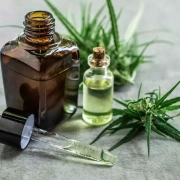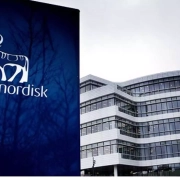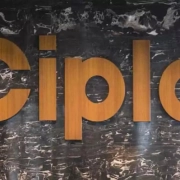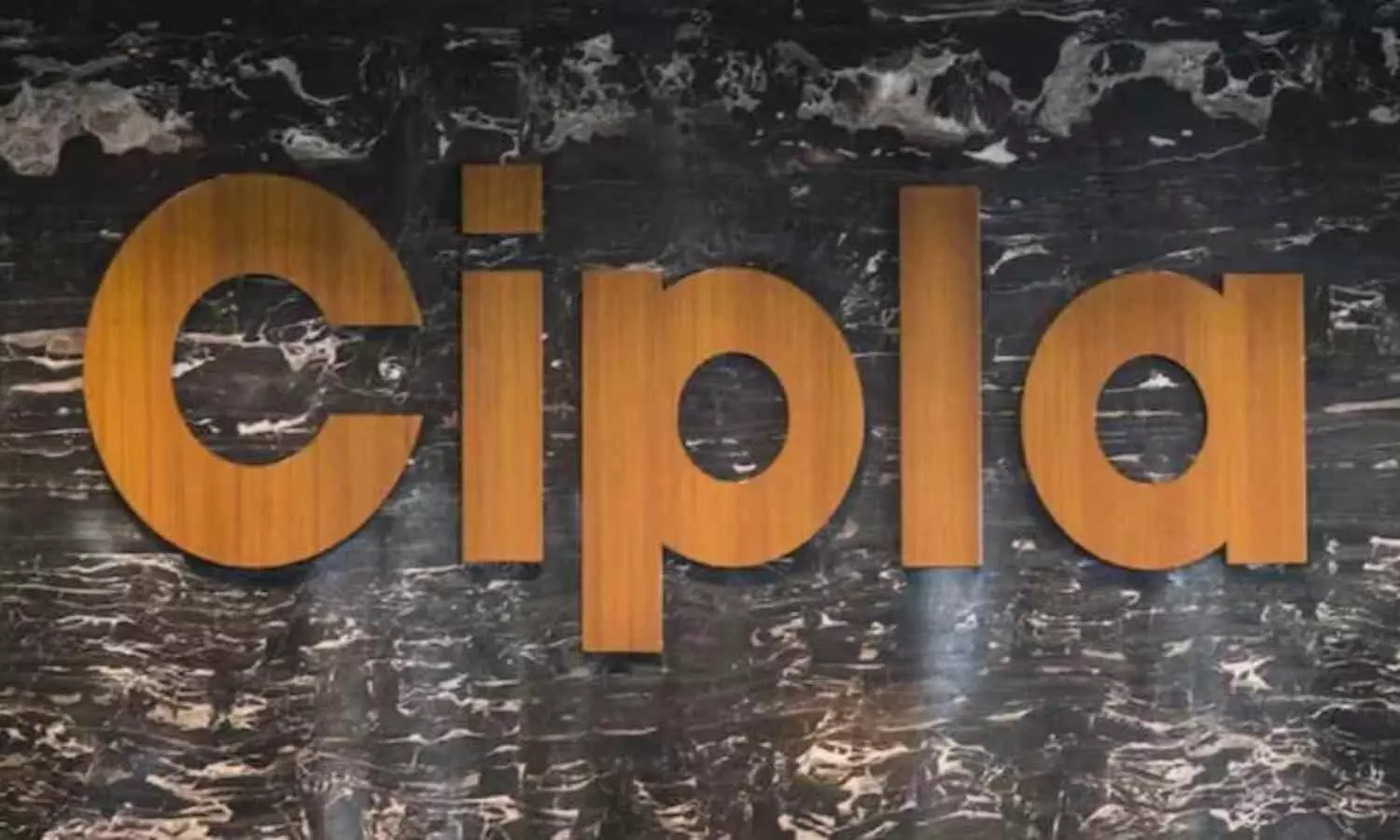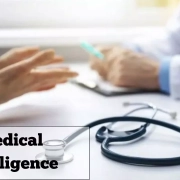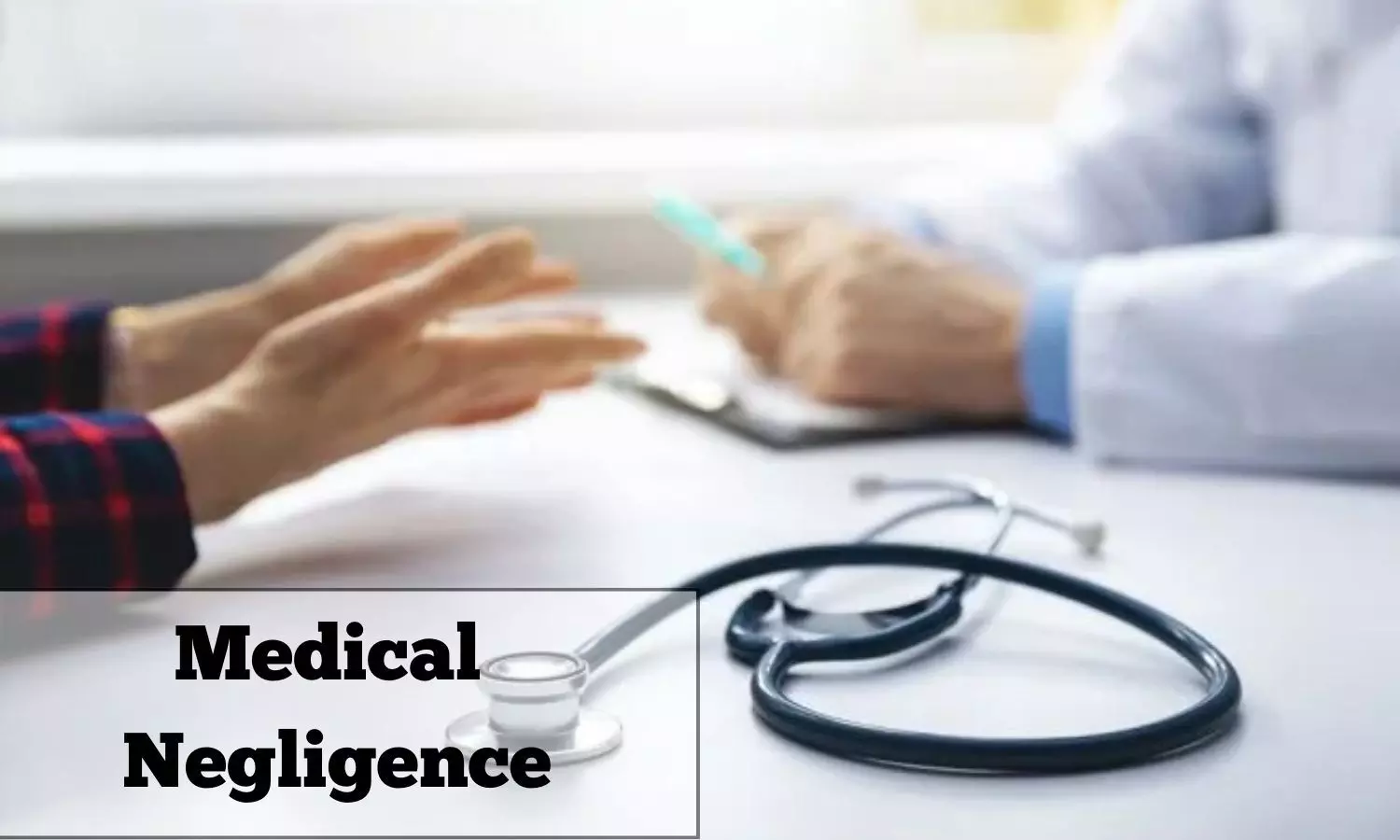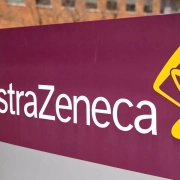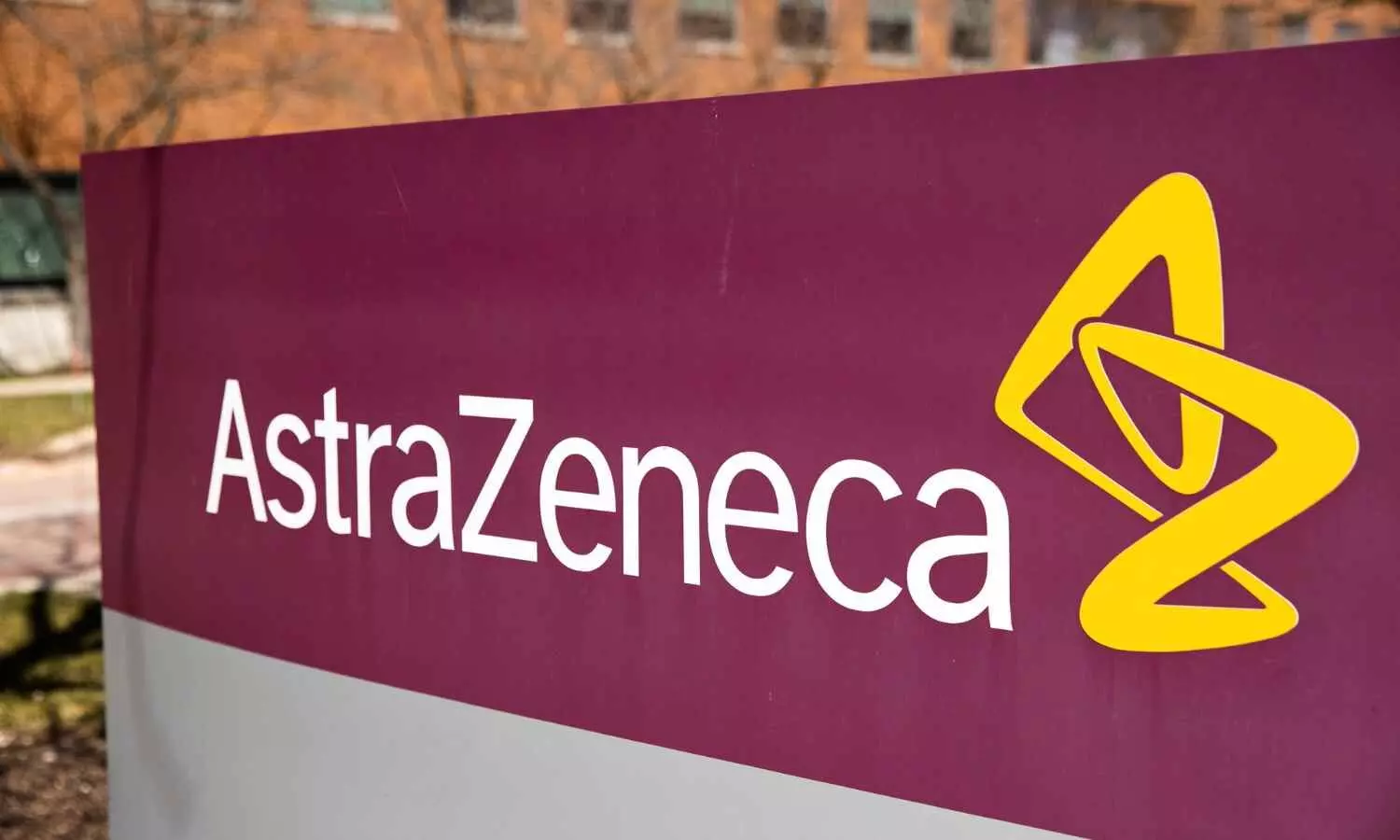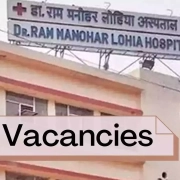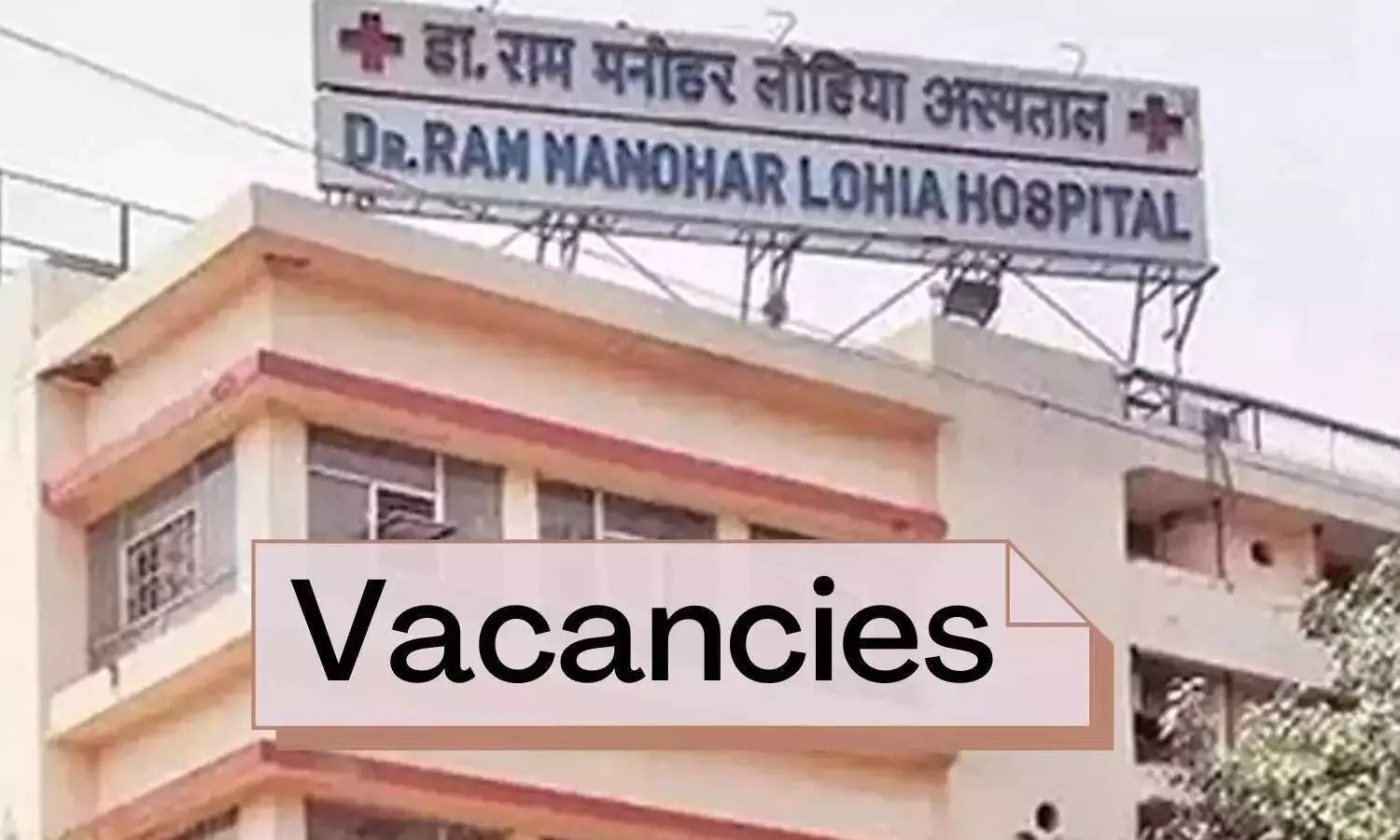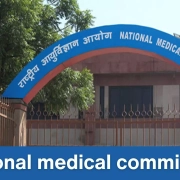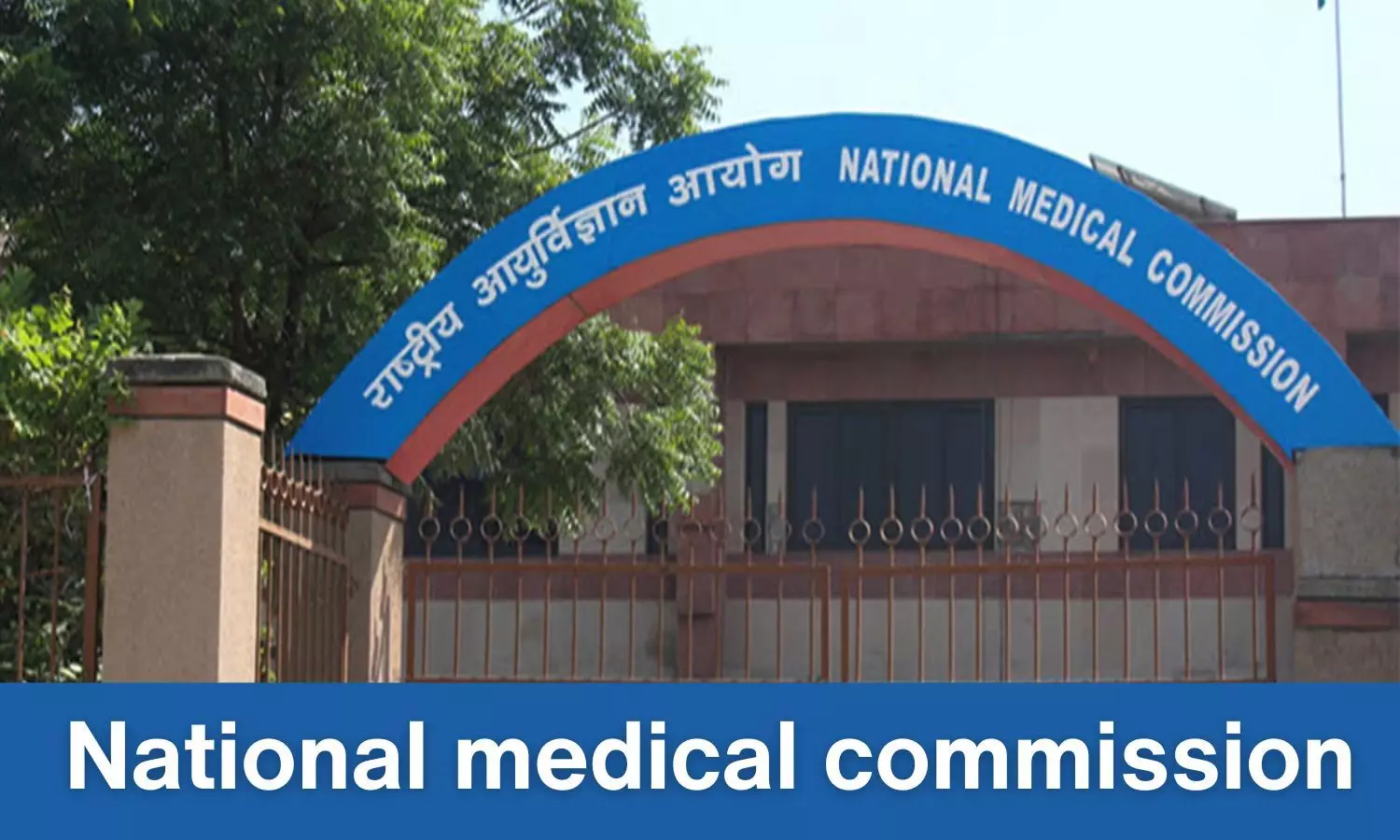
Jammu & Kashmir- Through a recent notice, the Jammu & Kashmir (J&K) Board has announced admission to the B.Sc. Nursing, B.Sc. Paramedical and B.Sc. Technology Courses for 2024 session in Government and Private Colleges and Institutions of UT of J&K.
The period for submission of online application form is from 30 March 2024 to 13 April 2024 (midnight). While submitting online applications candidates have to pay Rs.1000/- through Credit Card/Debit Card/Net Banking.
The Common Entrance Examination is tentatively scheduled for May 12, 2024. The examination will be conducted offline simultaneously at Jammu and Srinagar centres as may be decided by the Board. Meanwhile, information regarding availability, venue and timing of online admit card for the Common Entrance Test will be released separately in due course.
SUBMISSION OF ONLINE APPLICATION FORMS
The interested candidates are required to upload the following scanned original and self-attested certificates in PDF format with sizes from 100-200 KB along with the Application Form-
1 Domicile of UT of J&K/UT of Ladakh as the case may be(For Candidates of UT of Ladakh, ST certificate issued by the Competent Authority of Ladakh shall be treated as Domicile Certificate).
2 Qualifying marks (12th Class) certificate.
3 Date of Birth Certificate (only Matriculation Certificate issued by the Board of School Education).
4 Valid Reserved category certificates, (if any).
5 Any other documents, as requested.
However, it is for the information of all the concerned that the afore-titled documents as required for submission of the application form shall be considered provisional and subject to change(s), if any, as may be notified by the Government subsequently.
DOCUMENTS
The following original documents are required to be submitted to the Institution at the time of Admission-
1 Marks certificate of the qualifying examinations (12th class marks certificate).
b) Date of birth (Matriculation and Secondary School Certificate) from a recognised Board.
c) Domicile Certificate for candidates belonging to UT of J&K and ST certificate as a Domicile for candidates belonging to UT of Ladakh.
d) Category Certificate, if any.
e) Any other document as may be required by the Institution.
ELIGIBILITY FOR B.Sc. NURSING PROGRAMME
The candidates applying for admission to B.Sc. Nursing Programme must fulfil the following eligibility criteria-
(i) be a domicile of UT of J&K/UT of Ladakh as the case may be (For Candidates belonging to UT of Ladakh, ST certificate issued by a Competent Authority of Ladakh shall be treated as a Domicile certificate).
(ii) be at least 17 years old on 31st December 2024.
(iii) have passed the qualifying 12th Standard examination (10+2) and must have obtained a minimum of 45% marks in Physics, Chemistry and Biology taken Page 3 of 6 together and passed in English individually including the candidates from State Open School recognized by State Government and National Institute of Open School (NIOS) recognized by Central Government having Science subjects and English only.
(iv) For the candidates belonging to reserved categories, the marks obtained in 3 core subjects shall be 40% instead of 45% for General category candidates.
(v) The candidate must be medically fit.
Further, the candidates appearing and appeared in the 10+2 (12th Class) examination 2024 can also apply, provided such candidates have qualified the examination at the time of declaration of the result of the Entrance Test or before the date of counselling and admission as may be notified by the Board.
ELIGIBILITY FOR B.Sc. PARAMEDICAL PROGRAMME
The candidates applying for admission to B.Sc. Para-Medical Courses must fulfil the following eligibility criteria-
(i) be a domicile of UT of J&K/UT of Ladakh as the case may be (For Candidates belonging to UT of Ladakh, ST certificate issued by a Competent Authority of Ladakh shall be treated as a Domicile certificate).
(ii) be at least 17 years old on 31st December 2024.
(iii) have passed 10+2 or equivalent examination with Science (PCB) and English through a recognised Board / University securing a minimum 50% marks and above for Open Merit Candidates and 40 % marks and above for candidates belonging to Reserved Categories in aggregate.
Further, the candidates appearing and appeared in the 10+2 (12th Class) examination 2024 can also apply, provided such candidates have qualified the examination at the time of declaration of the result of the Entrance Test or before the date of counselling and admission as may be notified by the Board. The candidates applying for Lateral Entry only must have obtained a diploma in the concerned stream and have passed 10+2 with Physics, Chemistry, Biology and a diploma registered with J&K Para-Medical Council.
ELIGIBILITY FOR B.Sc. TECHNOLOGY PROGRAMME
The candidates applying for admission to B.Sc. Technology Courses must fulfil the following eligibility criteria-
1 Be a domicile of UT of J&K/UT of Ladakh as the case may be (For Candidates belonging to UT of Ladakh, ST certificate issued by a Competent Authority of Ladakh shall be treated as a Domicile certificate).
2 Be at least 17 years old on 31st December 2024, and have passed 10+2 or equivalent examination with Science (PCB) and English through a recognised Board and University securing a minimum of 50% marks and above for Open Merit Candidates and 40% marks and above for candidates belonging to Reserved Categories in the aggregate; Further, the candidates appearing/appeared in 10+2 (12th Class) examination 2024 can also apply, provided such candidates have qualified the examination at the time of declaration of the result in the Entrance Test or before the date of counselling/admissions may be notified by the Board.
SYLLABUS
The entrance exam is based on the syllabus and curriculum of study of class 12th. It is given as follows along with the overall importance of each topic in the question paper of the entrance examination. The question paper will be based on Physics, Chemistry and Biology subjects with a total marks of 60 per subject.
The notice also states that the board will not be responsible for any omission or commission in filling out the online application form by the candidate. J&K Board further advised the candidates to remain in touch with the BOPEE website. The Board does not take any responsibility for delays in the publication of notices and notifications in the print media. If so, such publications are not under the control of the Board, notwithstanding the Board notifying it on its official website and forwarding the said notifications/notices etc. for publication in newspapers simultaneously on the date of publication.
The applicants can also contact the Help Desk of the I.T. Section of the BOPEE during office hours and on working days only and or email for any assistance and guidance, the notice stated.
To view the notice, click the link below


